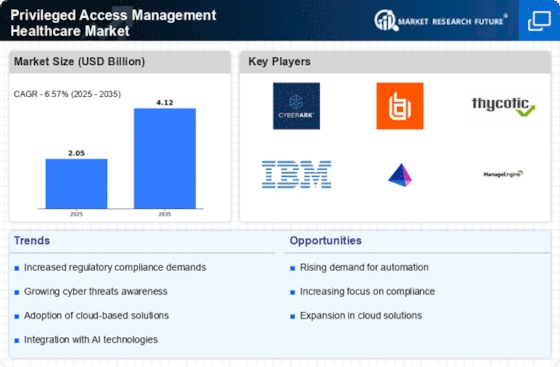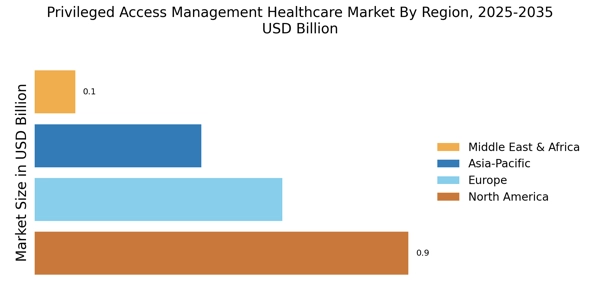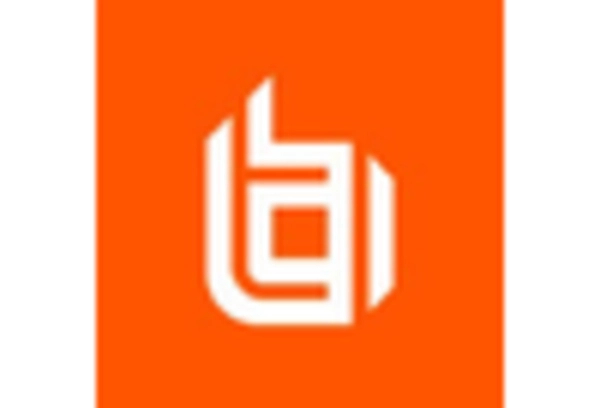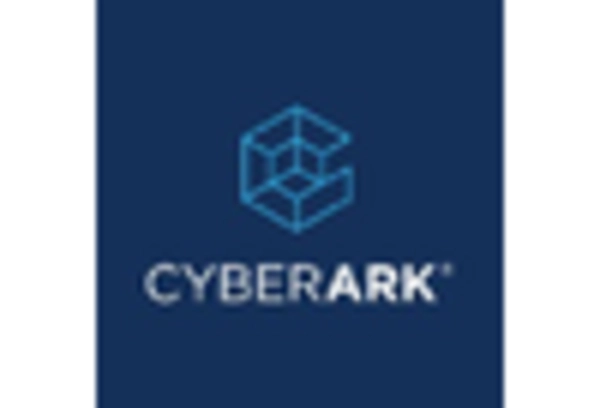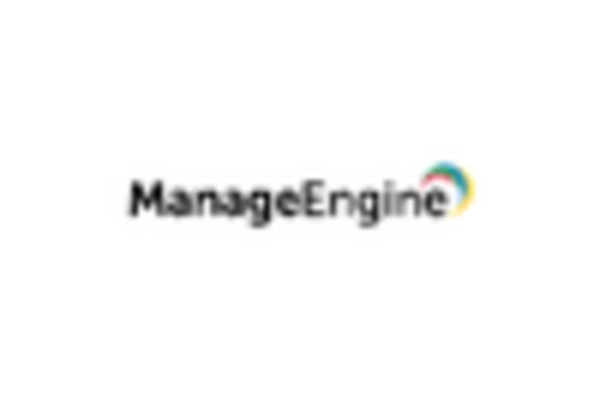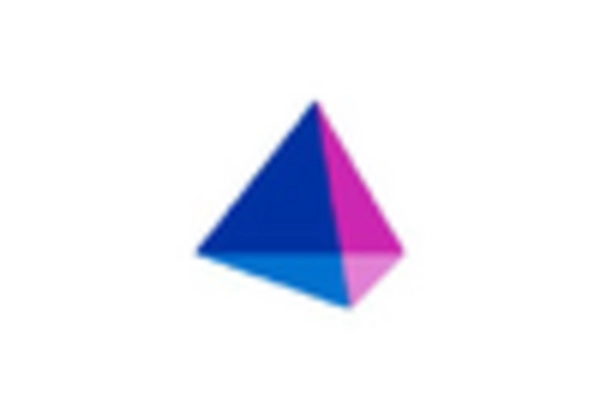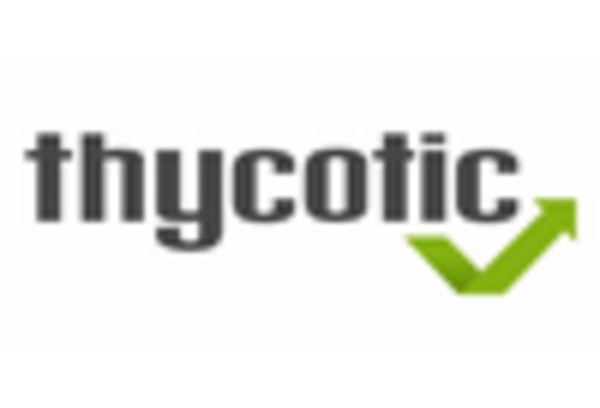Adoption of Cloud-Based Solutions
The shift towards cloud-based solutions in the healthcare sector is driving the growth of the Privileged Access Management Healthcare Market. As organizations migrate to cloud environments, they face new challenges in managing access to sensitive data. Cloud services offer scalability and flexibility, but they also introduce complexities in security management. The market for privileged access management is projected to expand as healthcare providers seek solutions that can effectively manage access across hybrid environments. According to industry forecasts, the adoption of cloud services in healthcare is expected to grow by over 20% annually. This trend necessitates the implementation of robust privileged access management systems to ensure that only authorized personnel can access critical data, thereby enhancing overall security.
Growing Awareness of Data Privacy
The increasing awareness of data privacy among patients and stakeholders is influencing the Privileged Access Management Healthcare Market. Patients are becoming more conscious of their rights regarding personal data, leading to heightened expectations for data protection from healthcare providers. This shift in consumer behavior is prompting organizations to adopt advanced privileged access management solutions to enhance data security and build trust with patients. Surveys indicate that a significant percentage of patients are willing to switch providers if their data privacy is compromised. As a result, healthcare organizations are likely to invest in technologies that ensure secure access to sensitive information, thereby driving the demand for privileged access management systems.
Increasing Cybersecurity Incidents
The rise in cybersecurity incidents within the healthcare sector is a primary driver for the Privileged Access Management Healthcare Market. As healthcare organizations increasingly adopt digital solutions, they become more vulnerable to cyber threats. Reports indicate that healthcare data breaches have surged, with the average cost of a breach reaching millions of dollars. This alarming trend compels healthcare providers to invest in robust privileged access management solutions to safeguard sensitive patient information and maintain operational integrity. The need for enhanced security measures is further underscored by the fact that nearly 90% of healthcare organizations have experienced some form of cyberattack. Consequently, the demand for effective privileged access management systems is likely to escalate as organizations seek to mitigate risks and protect their assets.
Regulatory Compliance Requirements
Regulatory compliance is a significant driver for the Privileged Access Management Healthcare Market. Healthcare organizations are subject to stringent regulations such as HIPAA, which mandates the protection of patient data. Non-compliance can result in hefty fines and reputational damage, prompting organizations to prioritize compliance initiatives. The market for privileged access management solutions is expected to grow as healthcare providers strive to meet these regulatory demands. In fact, it is estimated that compliance-related investments in healthcare IT will exceed billions of dollars in the coming years. As regulations evolve, the need for sophisticated access management systems that ensure compliance while enabling secure access to sensitive information becomes increasingly critical.
Integration of Advanced Technologies
The integration of advanced technologies such as artificial intelligence and machine learning is emerging as a key driver for the Privileged Access Management Healthcare Market. These technologies enable healthcare organizations to enhance their security posture by automating access management processes and identifying potential threats in real-time. The market for privileged access management solutions is expected to benefit from the adoption of these technologies, as they provide organizations with the tools needed to proactively manage access and mitigate risks. Industry analysts project that the incorporation of AI-driven solutions will lead to a more efficient and effective approach to access management, ultimately resulting in improved security outcomes for healthcare organizations.


